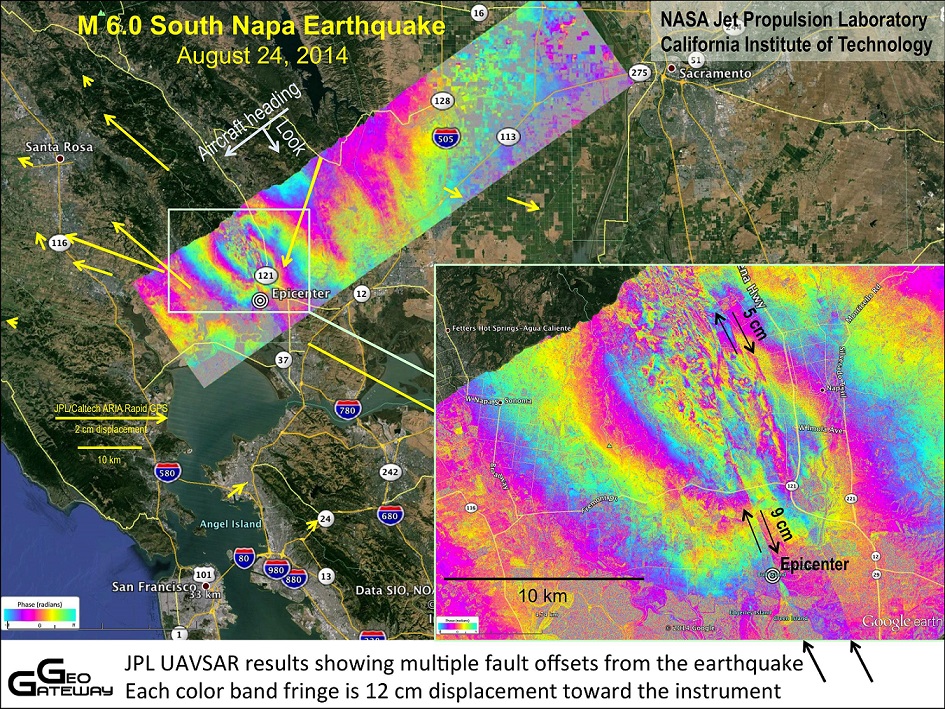The rate of destruction blighting the world's largest rain forest spiked by nearly a third last year, according to new data released by the Brazilian government.
Satellite data showed that 2,315 square miles of forest had been cleared from the Brazilian Amazon in the 12 months through July 2013, up 29 percent from the previous year. It reflects a reversal in the downward trend since 2009.
Despite the increased destruction in 2013, the Brazilian report showed that the area cleared is still the second-lowest annual figure since the government began tracking deforestation in 2004. In that year, almost 11,580 square miles of forest were lost.
Still, an estimated 17 percent of the Amazon has been lost in the last 50 years, mostly because of forest conversion for cattle ranching - a trend that has concerned environmentalists, given that it is home to an estimated quarter of all known land species. The Amazon also serves as a giant carbon sink, helping stabilize the planet's climate.Aside from agricultural expansion, factors driving the rise in deforestation include illegal logging and the invasion of public lands adjacent to big infrastructure projects, such as roads and hydroelectric dams, according to World Wide Fund for Nature (WWF).
According to the government report, the states of Pará and Mato Grosso - where most of Brazil's agricultural expansion is taking place - showed the greatest increases in deforestation. More than 390 square miles have been cleared in those states.
Curbing deforestation worldwide is an integral part of reducing climate change because deforestation accounts for 15 percent of all annual greenhouse gas emissions, according to WWF.
Globally, forests are depleted by up to 58,000 square miles every year - equivalent to 36 football fields every minute, according to the WWF.As well as the cost to curbing climate change, deforestation threatens a wide range of plant and animal species.













Comment: Another example of man's perceived needs over the balance of nature, another nail in our collective coffin. Although extinction is a natural and cyclical phenomenon, it occurs at a natural "background" rate of about one to five species per year. Scientists estimate we're now losing species at 1,000 to 10,000 times the background rate, with literally dozens going extinct every day, in part driven by habitat loss as ecosystems unravel due to natural grand cycles and embellished by the "incentives" of man. Have we passed the tipping point where the blatant disrespect and destruction of Earth's vital resources has signaled the soon and rapid demise of the human virus by its own doing? Have we fouled the process to the point where Nature turns on itself? Many would say yes.